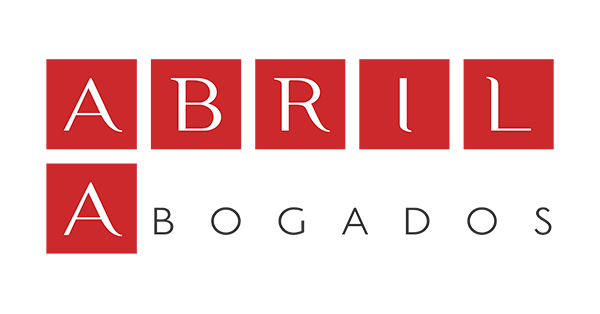After several years of negotiations, the European Parliament has finally approved two new Directives to adapt the protection of copyright to the digital single market.
The new regulations include mechanisms to facilitate the clearance of copyright and related rights of radio and TV content for cross-border digital broadcast and retransmissions, on one hand, and lay down rules which aim to harmonize further Union law applicable to copyright and related rights in the framework of the internal market, on the other.
- Directive of the European Parliament and of the Council on copyright and related rights in the Digital Single Market and amending Directives 96/9/EC and 2001/29/EC.
This Directive lays down rules which aim to harmonize further Union law applicable to copyright and related rights in the framework of the internal market, taking into account, in particular, digital and cross-border uses of protected content. It also lays down rules on exceptions and limitations to copyright and related rights, on the facilitation of licenses, as well as rules, which aim to ensure a well-functioning marketplace for the exploitation of works and other subject matter.
However, the measures to achieve a well-functioning marketplace for copyright are the subjects that have caused a great deal of controversy. Mainly the following:
- The protection of press publications concerning onlineuses referred to in Article 15 (prior art. 11.), which provides publishers of press publications established in a Member State with the reproduction and making available to the public rights for the online use of their press publications by information society service providers. This protection does not apply to private or non-commercial uses of press publications by individual user, acts of hyperlinking and in respect of the use of individual words or very short extracts of a press publication.
- The most controversial issue has been the use of protected content by online content-sharingservice providers, referred to in Article 17 (prior art. 13). In this regard, the Directive determines that online content-sharing service provider performs an act of communication to the public or an act of making available to the public when it gives the public access to copyright-protected works or other protected subject matter uploaded by its users. Thus, an online content-sharing service provider shall therefore obtain an authorization from the rightholders. That authorization shall also cover acts carried out by users of the services when they are not acting on a commercial basis or where their activity does not generate significant revenues.
The Directive establishes a new system of limitation of liability for those cases in which an authorization is not granted, so that online content-sharing service providers will be responsible for the unauthorized acts of communication to the public, including making available to the public, unless they demonstrate that:
- They have made best efforts to obtain an authorization, and
- They have made best efforts to ensure the unavailability of specific works and other subject matter for which the rightholders have provided the service providers with the relevant and necessary information; and in any event
- They acted expeditiously, upon receiving a sufficiently substantiated notice from the rightholders, to disable access to, or to remove from, their websites the notified works or other subject matter, and made best efforts to prevent their future uploads.
In no way the Directive affects legitimate uses, such as uses under exceptions or limitations (i.e. quotation, criticism, review, caricature, parody or pastiche) and shall not lead to any general monitoring obligation.
- Directive of the European Parliament and of the Council laying down rules on the exercise of copyright and related rights applicable to certain online transmissions of broadcasting organizations and retransmissions of television and radio programmes, and amending Council Directive 93/83/EEC.
This new regulation includes mechanisms to facilitate the clearance of copyright and related rights of radio and TV content for cross-border digital broadcast and retransmissions.
This Directive complements the rules set out in the existing Satellite and Cable Directive, which already facilitates cross-border satellite broadcasting and retransmission by cable of TV and radio programmes from other Member States.
The rules on broadcasters’ online transmissions will apply to all radio programmes, and to certain television programmes (news and current affairs programmes and fully financed own productions of broadcasters). Sport events are excluded.
The new Directive contribute to developing cross-border access to TV and radio programmes in two ways:
- By establishing the principle of the “country of origin”: the rights required to make certain programmes available on the broadcasters’ online services are to be cleared only for the broadcaster’s country of principal establishment.
- By extending the system of mandatory collective management, which is currently applicable to cable retransmissions only, to retransmission services provided through other means (such as Internet Protocol television (IPTV), satellite, digital terrestrial or online technologies).
The new Directive also clarifies the legal status of the so-called transmission through “direct injection” technique: in such a case, only a single act of communication to the public is deemed to occur.
It is expected that this new Directive will provide new opportunities for broadcasters to make certain programmes on their online services available across borders and a wider choice of radio and TV programmes offered by retransmission services provided through Internet Protocol television (IPTV), satellite, digital terrestrial, mobile networks or over the internet.
This new Directives marks the end of the legislative process for the European Parliament that began in 2016. It will now be down to member states to approve Parliament’s decisions in the coming weeks. Both Directives will take effect after publication in the official journal and then member states will have 2 years to implement it.

